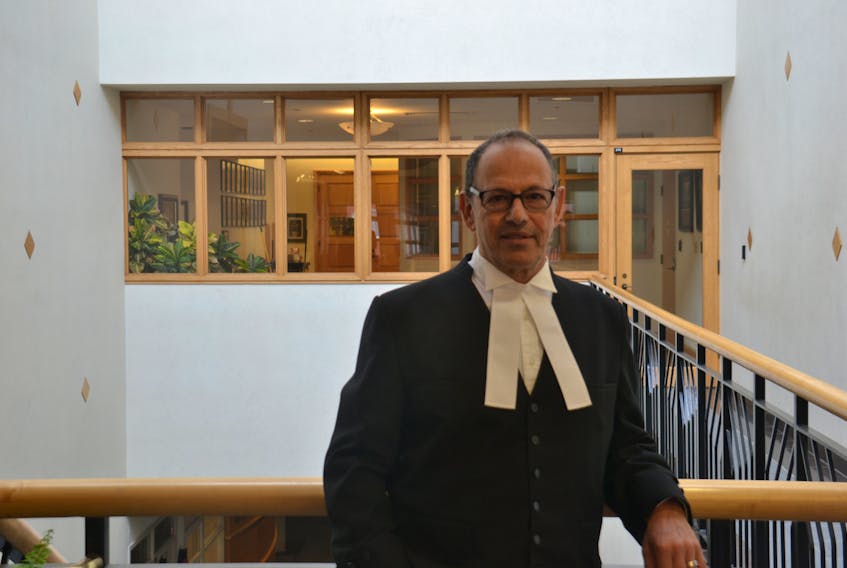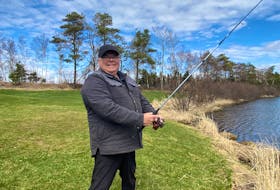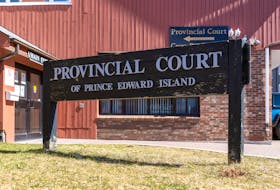CHARLOTTETOWN, P.E.I. — A decision by cabinet to sell provincial land could be harmful to Mi’kmaq claims of title, the P.E.I. court of appeal heard in closing arguments related to the Mill River case.
A lawyer representing Mi’kmaq communities in P.E.I. argued on Thursday that the Mill River golf course was significant to the First Nations communities because provincial-owned land is limited. Just over seven per cent of P.E.I.’s land mass is public land.
David Rosenberg, counsel for the Lennox Island and Abegweit First Nations, argued the sale of public lands without proper consultation with First Nations could have a negative effect on claimed Aboriginal title.
“The reason that saying there are other lands available really isn’t an answer ... What occurs is death by a thousand cuts,” Rosenberg said. “The effect is the change in ownership, management and control of the land.”
The province issued an Order in Council to sell the golf course in January of 2017.
Counsel for both the province and Don McDougall, who had entered into an agreement to purchase Mill River, argued the land had no specific significance for the Mi’kmaq.
Rosenberg argued that meaningful engagement and consultation with the Mi’kmaq was not carried out by the province.
The Mi’kmaq have asserted a claim over the entirety of Prince Edward Island. As a result, the Mill River case represents a rare legal test of the degree to which consultation is required in P.E.I. government decisions related to public lands.
Thomas Isaac, a Vancouver-based lawyer representing the province, noted that the Mill River case was unusual. Unlike other Aboriginal legal cases in Canada, the Mill River site was already developed; the area did not require protection due to ecological reasons.
Isaac also argued that the province did not have a legal requirement to consult with the Mi’kmaq prior to the sale because Aboriginal title has not yet been proven.
“The Mi’kmaq were under numerous mistaken beliefs for whatever reason,” Isaac. "They thought consent was required. They thought they could dictate the form of the duty (to consult).”
Isaac argued that the province’s consultation was still “as deep as it could be.”
In a written statement sent Wednesday to The Guardian, Lennox Island First Nation Chief Matilda Ramjattan took issue with the arguments from the province’s counsel.
“It is difficult to hear the lawyers for government making arguments that are very different than the commitments government has made to reconciliation. The government of the day got this wrong,” Ramjattan said in the statement.
“We hope the Appeal Court corrects this, but make no mistake, we are confident that if this court doesn't, the Supreme Court of Canada will."
RELATED:









